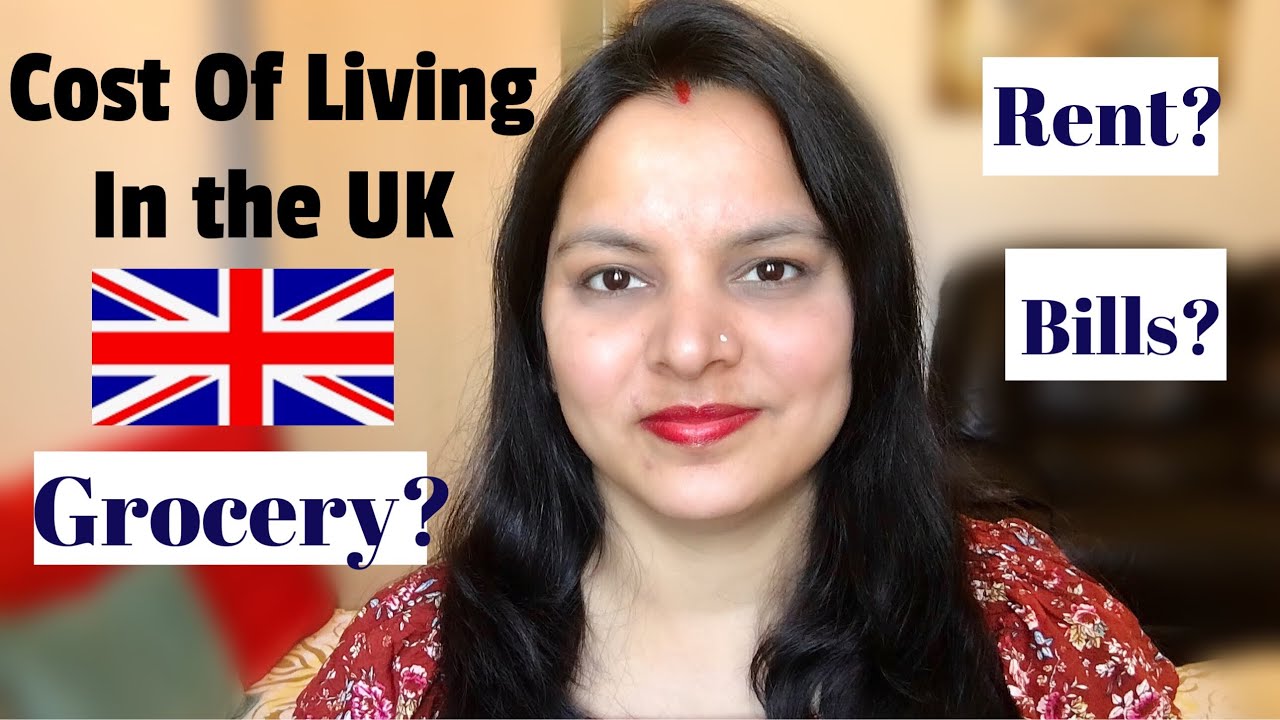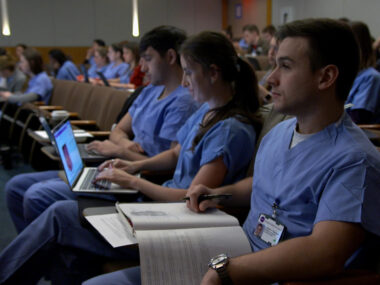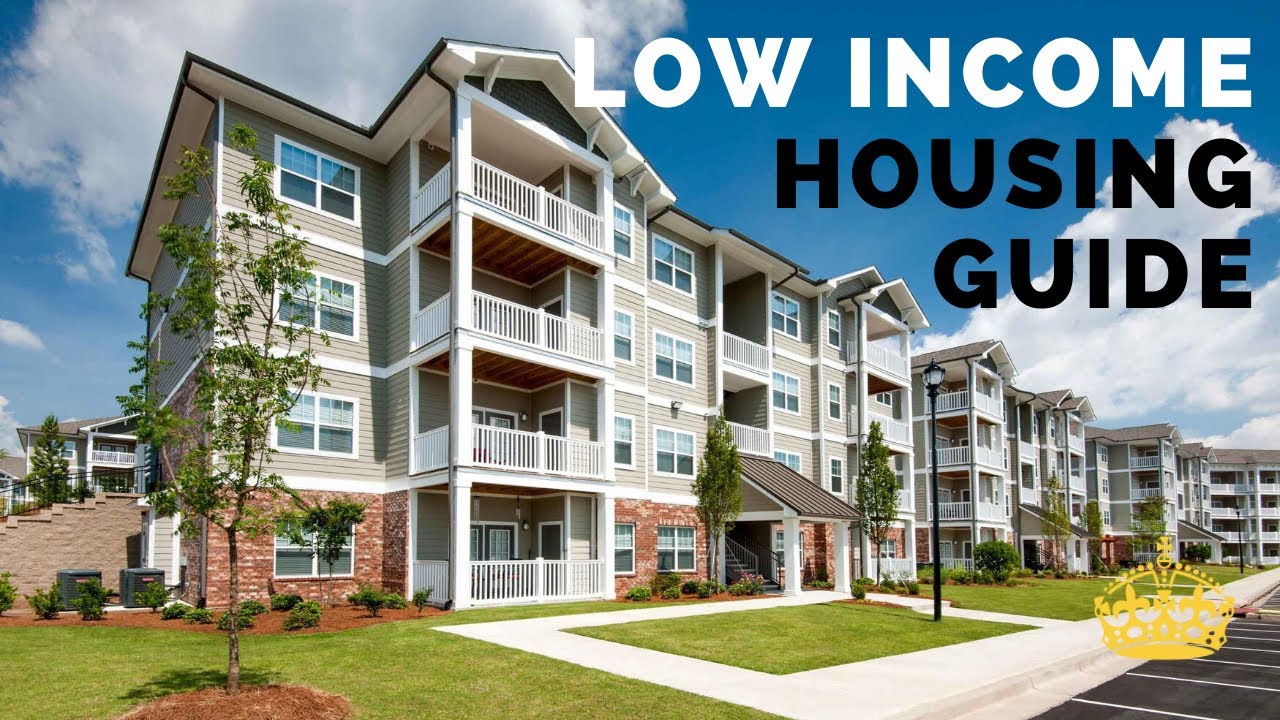Introduction
The United Kingdom, with its rich history, diverse culture, and thriving economy, is a popular destination for students, professionals, and families alike. However, living in the UK can be expensive, and understanding the cost of living is crucial for effective financial planning. This article provides a detailed breakdown of the average monthly living expenses in the UK, covering everything from housing and food to transportation and entertainment. Whether you’re planning to move to the UK or simply curious about the cost of living, this guide will offer valuable insights to help you budget effectively.
1. Housing Costs
Housing is typically the most significant expense for anyone living in the UK. The cost of accommodation varies widely depending on the location, type of housing, and whether you choose to rent or buy.
1.1 Renting
- London: As the capital city, London is the most expensive place to rent in the UK. The average monthly rent for a one-bedroom apartment in the city center is around £1,500-£2,000, while a similar apartment outside the city center costs approximately £1,200-£1,500. For a three-bedroom apartment, expect to pay between £2,500-£3,500 in the city center and £1,800-£2,500 outside the center.
- Other Major Cities: In cities like Manchester, Birmingham, and Edinburgh, the rent is relatively lower. A one-bedroom apartment in the city center costs around £800-£1,200, while a three-bedroom apartment ranges from £1,200-£2,000.
- Smaller Towns and Rural Areas: In smaller towns and rural areas, rent is significantly cheaper. A one-bedroom apartment may cost around £500-£800, while a three-bedroom apartment could be £800-£1,200.
1.2 Buying a Property
- London: The average price for a property in London is around £500,000-£600,000 for a one-bedroom apartment and £800,000-£1,000,000 for a three-bedroom apartment.
- Other Major Cities: In cities like Manchester and Birmingham, the average property price is around £200,000-£300,000 for a one-bedroom apartment and £300,000-£500,000 for a three-bedroom apartment.
- Smaller Towns and Rural Areas: Property prices in smaller towns and rural areas are much lower, with one-bedroom apartments costing around £100,000-£150,000 and three-bedroom apartments ranging from £150,000-£250,000.
1.3 Utilities
Utilities, including electricity, gas, water, and internet, are additional costs to consider. On average, monthly utility bills for a standard apartment are:
- Electricity and Gas: £100-£150
- Water: £30-£50
- Internet: £20-£40
2. Food and Groceries
Food expenses in the UK can vary depending on your eating habits and whether you dine out or cook at home.
2.1 Groceries
- Basic Items: A loaf of bread costs around £1, a liter of milk is approximately £0.90, and a dozen eggs are about £2.50. Fresh produce like apples and bananas cost around £1-£2 per kilogram.
- Monthly Grocery Bill: For a single person, the average monthly grocery bill is around £150-£200. For a family of four, this can increase to £400-£600.
2.2 Dining Out
- Mid-Range Restaurant: A three-course meal for two at a mid-range restaurant costs around £40-£60.
- Fast Food: A meal at a fast-food restaurant like McDonald’s costs around £5-£7.
- Coffee: A cappuccino at a café is approximately £2.50-£3.50.
3. Transportation
Transportation costs in the UK depend on whether you use public transport, drive, or cycle.
3.1 Public Transport
- London: A monthly travel card for unlimited travel within zones 1-2 costs around £135. For zones 1-6, the cost increases to £250.
- Other Cities: In cities like Manchester and Birmingham, a monthly bus pass costs around £50-£70.
3.2 Driving
- Fuel: The average price of petrol is around £1.30-£1.50 per liter. For a car with a 50-liter tank, filling up costs approximately £65-£75.
- Car Insurance: Annual car insurance costs vary widely but average around £500-£1,000, depending on factors like age, driving history, and location.
- Parking: In city centers, parking can cost around £10-£20 per day.
3.3 Cycling
- Bicycle Purchase: A decent bicycle costs around £200-£500.
- Maintenance: Annual maintenance costs are approximately £50-£100.
4. Healthcare
The UK has a National Health Service (NHS) that provides free healthcare to residents. However, there are some costs to consider:
- Prescriptions: In England, prescription charges are £9.35 per item. In Scotland, Wales, and Northern Ireland, prescriptions are free.
- Dental Care: NHS dental check-ups cost around £23.80, while private dental care can be significantly more expensive.
- Optical Care: Eye tests cost around £20-£30, and glasses or contact lenses can range from £50-£200.
5. Education
Education costs vary depending on whether you choose public or private schooling.
5.1 Public Schools
- Primary and Secondary Education: Public schools in the UK are free for residents.
- University: For UK residents, undergraduate tuition fees are capped at £9,250 per year. International students can expect to pay £10,000-£38,000 per year, depending on the course and institution.
5.2 Private Schools
- Primary and Secondary Education: Private school fees range from £10,000-£30,000 per year.
- University: Private universities in the UK are rare, but some institutions offer private courses with fees similar to international student rates.
6. Entertainment and Leisure
Entertainment and leisure activities can add up, but there are options for every budget.
6.1 Cinema
- Ticket: A standard cinema ticket costs around £10-£15.
- Concessions: Popcorn and a drink cost approximately £5-£10.
6.2 Gym Memberships
- Standard Gym: A monthly gym membership costs around £20-£50.
- Premium Gym: Premium gyms like Virgin Active or PureGym can cost £50-£100 per month.
6.3 Sports and Activities
- Football Match: Tickets for a Premier League football match range from £30-£100.
- Theatre: West End theatre tickets cost around £20-£100, depending on the show and seating.
7. Miscellaneous Expenses
7.1 Clothing
- High Street Brands: A pair of jeans from a high street brand like H&M or Zara costs around £30-£50.
- Designer Brands: Designer clothing can cost significantly more, with items ranging from £100-£500.
7.2 Personal Care
- Haircut: A basic haircut costs around £10-£20 for men and £20-£50 for women.
- Beauty Treatments: Facials, manicures, and other beauty treatments can range from £20-£100.
7.3 Mobile Phone
- Pay-As-You-Go: A basic pay-as-you-go plan costs around £10-£20 per month.
- Contract: Monthly mobile phone contracts range from £20-£50, depending on the data and call allowances.
8. Saving and Budgeting Tips
Living in the UK can be expensive, but there are ways to manage your finances effectively:
- Budgeting: Create a monthly budget to track your income and expenses. Use budgeting apps like YNAB (You Need A Budget) or Money Dashboard.
- Saving on Groceries: Shop at discount supermarkets like Aldi or Lidl, and take advantage of sales and coupons.
- Public Transport: Use public transport instead of driving to save on fuel and parking costs.
- Entertainment: Look for free or low-cost entertainment options, such as parks, museums, and community events.
9. Regional Variations in Living Costs
The cost of living in the UK can vary significantly depending on the region. Here’s a closer look at how different areas compare:
9.1 London
London is the most expensive city in the UK, with high costs for housing, transportation, and entertainment. However, salaries in London are also generally higher to compensate for the increased cost of living.
9.2 South East England
The South East, including cities like Brighton and Oxford, is also relatively expensive, though not as much as London. Housing costs are high, but transportation and other expenses are more manageable.
9.3 North of England
Cities in the North of England, such as Manchester, Liverpool, and Leeds, offer a lower cost of living compared to the South. Housing is more affordable, and public transport costs are lower.
9.4 Scotland
Scotland, particularly cities like Edinburgh and Glasgow, offers a moderate cost of living. Housing is cheaper than in London, and there are plenty of free or low-cost cultural activities.
9.5 Wales
Wales is one of the more affordable regions in the UK. Housing costs are low, and the overall cost of living is manageable, making it an attractive option for families and retirees.
9.6 Northern Ireland
Northern Ireland, including Belfast, offers a low cost of living compared to the rest of the UK. Housing is affordable, and daily expenses like groceries and transportation are relatively cheap.
10. Impact of Inflation on Living Costs
In recent years, inflation has had a significant impact on the cost of living in the UK. Rising prices for goods and services have made it more challenging for individuals and families to manage their budgets. Here’s how inflation affects various aspects of living expenses:
10.1 Housing
Inflation has led to increased property prices and rental costs, particularly in high-demand areas like London and the South East. This has made it more difficult for first-time buyers to enter the housing market and has pushed rental prices higher.
10.2 Food and Groceries
The cost of food and groceries has risen due to inflation, with prices for basic items like bread, milk, and vegetables increasing. This has put pressure on household budgets, particularly for low-income families.
10.3 Transportation
Inflation has also affected transportation costs, with rising fuel prices and increased public transport fares. This has made commuting more expensive and has impacted those who rely on their cars for work.
10.4 Utilities
Utility bills have increased due to rising energy prices, driven by inflation and global market fluctuations. This has led to higher costs for electricity, gas, and water, adding to the financial burden on households.
11. Government Support and Benefits
The UK government offers various forms of support and benefits to help individuals and families manage the cost of living. These include:
11.1 Housing Benefit
Housing Benefit is available to those on low incomes to help with rent payments. The amount you receive depends on your income, savings, and household circumstances.
11.2 Universal Credit
Universal Credit is a monthly payment to help with living costs. It is available to those on low incomes or out of work and can include support for housing, children, and childcare.
11.3 Council Tax Reduction
Council Tax Reduction is available to those on low incomes to help with council tax payments. The amount you receive depends on your income, savings, and household circumstances.
11.4 Child Benefit
Child Benefit is a monthly payment for parents or guardians of children under 16 (or under 20 if they are in approved education or training). The amount you receive depends on the number of children you have.
12. Long-Term Financial Planning
Managing the cost of living in the UK requires careful long-term financial planning. Here are some tips to help you plan for the future:
12.1 Emergency Fund
Building an emergency fund is crucial to cover unexpected expenses, such as medical bills or car repairs. Aim to save at least three to six months’ worth of living expenses.
12.2 Pension Contributions
Contributing to a pension is essential for long-term financial security. Take advantage of employer pension schemes and consider additional private pension contributions.
12.3 Investments
Investing in stocks, bonds, or property can help grow your wealth over time. Consider seeking advice from a financial advisor to make informed investment decisions.
12.4 Debt Management
Managing debt effectively is crucial for financial stability. Prioritize paying off high-interest debt and consider consolidating loans to reduce interest payments.
13. Conclusion
Living in the UK offers a high quality of life, but it comes with a significant cost. By understanding the average monthly living expenses, you can better plan your finances and make informed decisions about where to live, how to save, and what to prioritize. Whether you’re a student, professional, or family, this guide provides valuable insights to help you navigate the cost of living in the UK and make the most of your experience.










